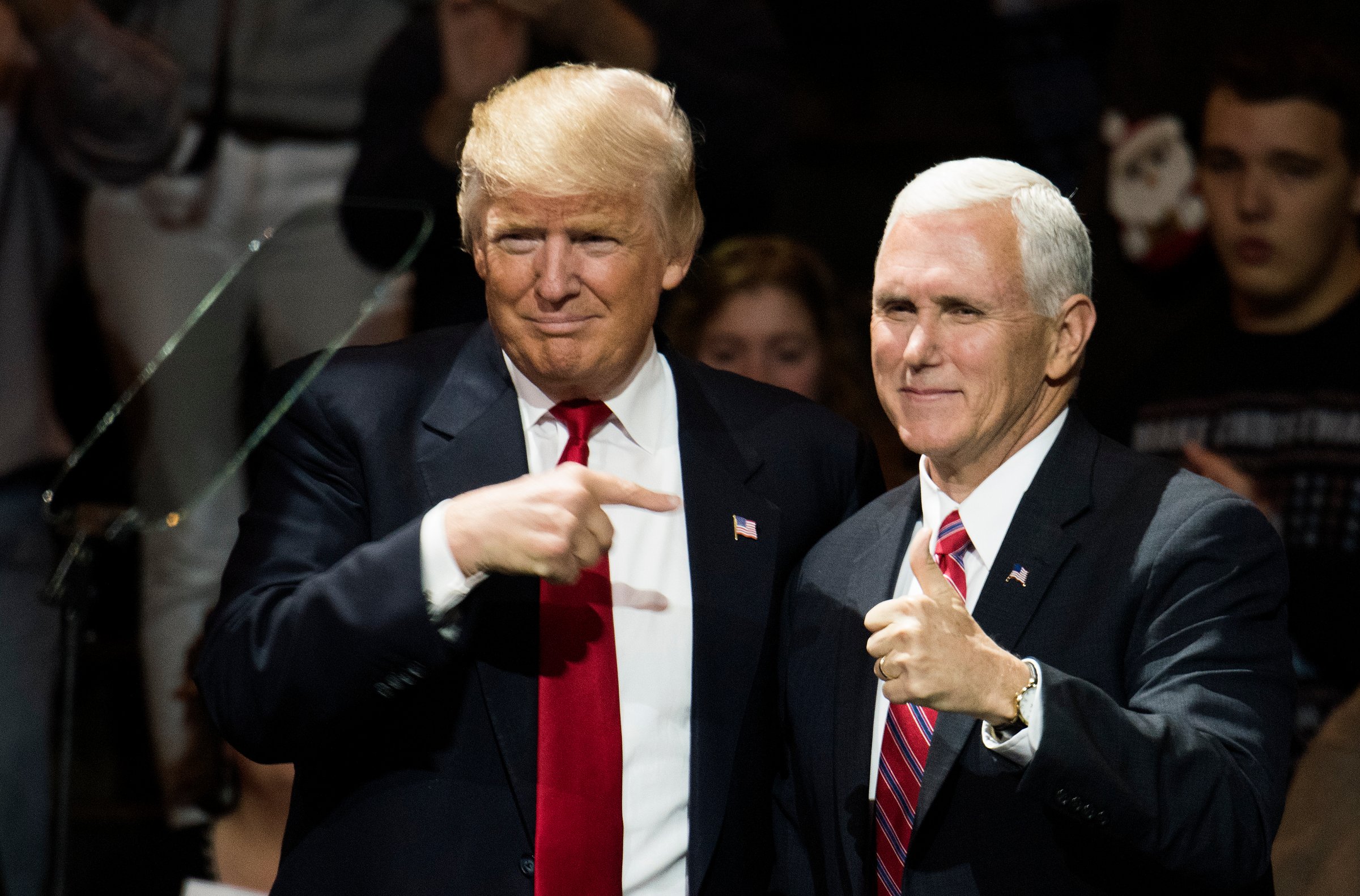
The approximately 65 million Democrats who voted for Hillary Clinton should pledge that in the future if a Republican wins the presidency with fewer votes than a Democrat for the third time in our era, we won’t pay taxes to the federal government. No taxation without representation!
Twice in the past 16 years, a Republican candidate who finished second in the popular vote has won the presidency. This year, Donald Trump won the electoral vote with about 46% of the popular vote, while Hillary Clinton received about 48%. If the parties stay this evenly divided, another electoral mishap is more likely than not in the next 20 years.
Most Republicans are quite content with this system. Appeals to fairness have not persuaded them of the need to amend the Constitution to establish direct presidential elections, preferably with a runoff if no one wins 50% of the vote. Nor does the real chance that a Democrat could win the presidency with fewer votes than a Republican alarm them. Even the taunt, “Are you afraid of a direct election? Can’t you win a straight-up vote?” doesn’t faze them. Democrats must, therefore, pester Republicans where it hurts: the pocketbook.
Is signing a pledge to not pay taxes legal? Yes, if no overt act of conspiracy is involved, and the pledge itself is hypothetical. No one knows when or if it would be carried out.
A national movement not to pay federal taxes in the future would put Republicans on notice: they do not have the right to impose a hard-right, second-place presidency on a moderate nation every dozen or so years. If the Republicans won’t help amend the Constitution so that America can resume being a democracy, then Democrats, lacking the representation that supporters of a future popular vote-winner ought to have in the executive branch, should not submit to paying taxes to the federal government.
How would the pledge work? First, an online group such as MoveOn.org, Change.org or both, should circulate a petition. The pledge is not just a powerful protest; it is also effortless, requiring no legal or financial sacrifice at all for years, possibly decades.
Second, the pledge should only apply to federal taxes. We would still pay state, local, sales and property taxes. This is a protest against our 229-year-old system of electoral votes, not against taxation in general.
Third, if a Republican wins the election without winning the popular vote again, we should still pay what we owe in federal taxes—just not to the IRS. Instead, people would compute their federal taxes, file a Form 1040 and write a check to a national escrow account, preferably in a well-established Canadian or British bank that is beyond the reach of the U.S. Justice Department, because whoever opens this account probably will be in violation of U.S. law. In the check’s memo line, people should write, “Funds to be transferred to the IRS as soon as America resumes being a democracy.”
If the U.S. government wanted control over the trillions of dollars in this escrow account, it would have to replace our antiquated electoral system with a fairer way of electing presidents. Then, when 38 state legislatures have ratified an acceptable Constitutional amendment, the escrow officer could cheerfully transfer the account’s trillions of dollars to the IRS.
The beauty of a no-taxation pledge is that it almost certainly won’t have to be carried out. The mere threat could be enough to propel a Constitutional amendment. If millions sign now, Republicans will know that a third modern Republican runner-up presidency is impossible; Democrats will not be cooperative again.
The cry, “No Taxation Without Representation,” inspired America to declare its independence in 1776. It can also lead to a rebirth of democracy in our own time.
More Must-Reads from TIME
- Cybersecurity Experts Are Sounding the Alarm on DOGE
- Meet the 2025 Women of the Year
- The Harsh Truth About Disability Inclusion
- Why Do More Young Adults Have Cancer?
- Colman Domingo Leads With Radical Love
- How to Get Better at Doing Things Alone
- Michelle Zauner Stares Down the Darkness
Contact us at letters@time.com